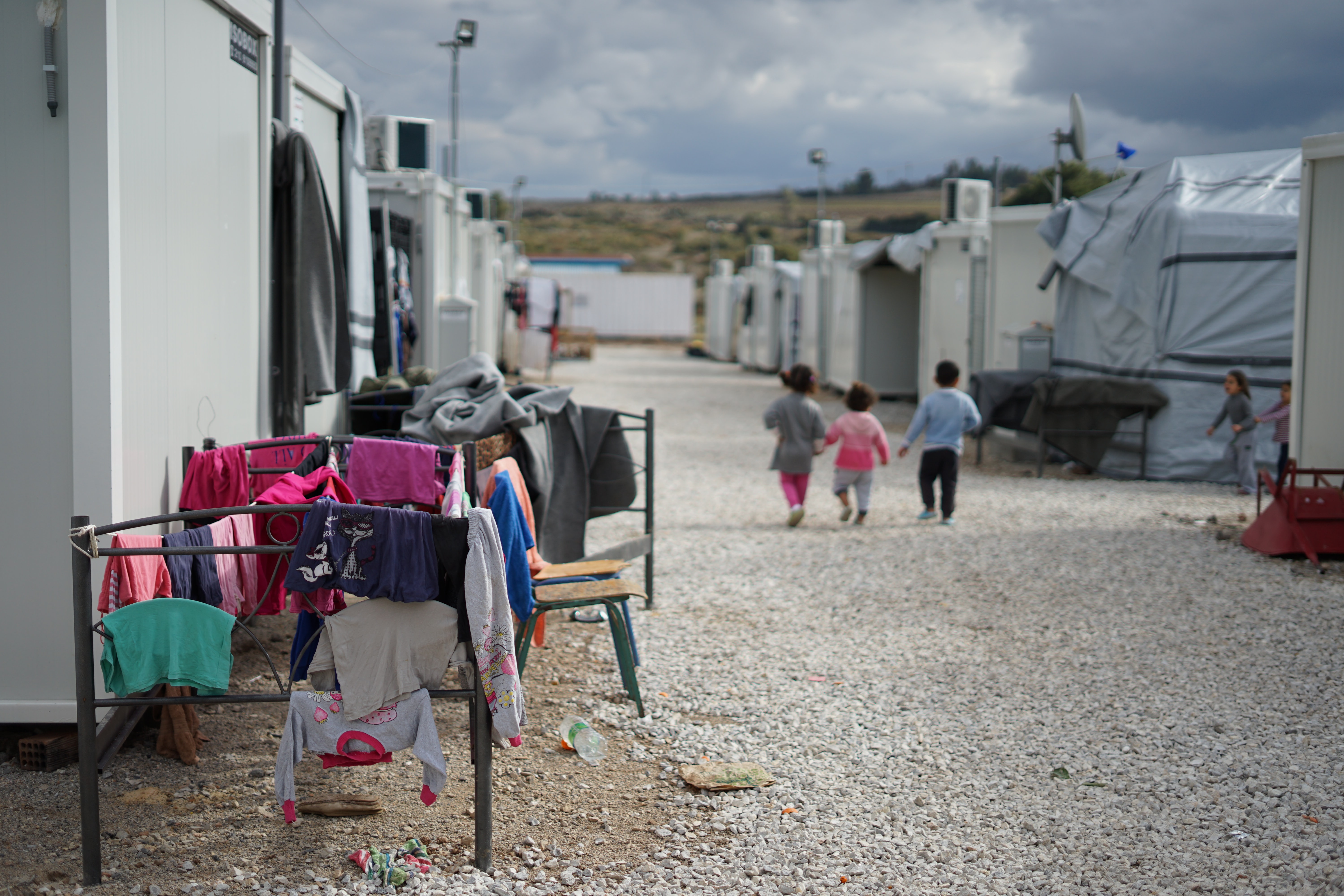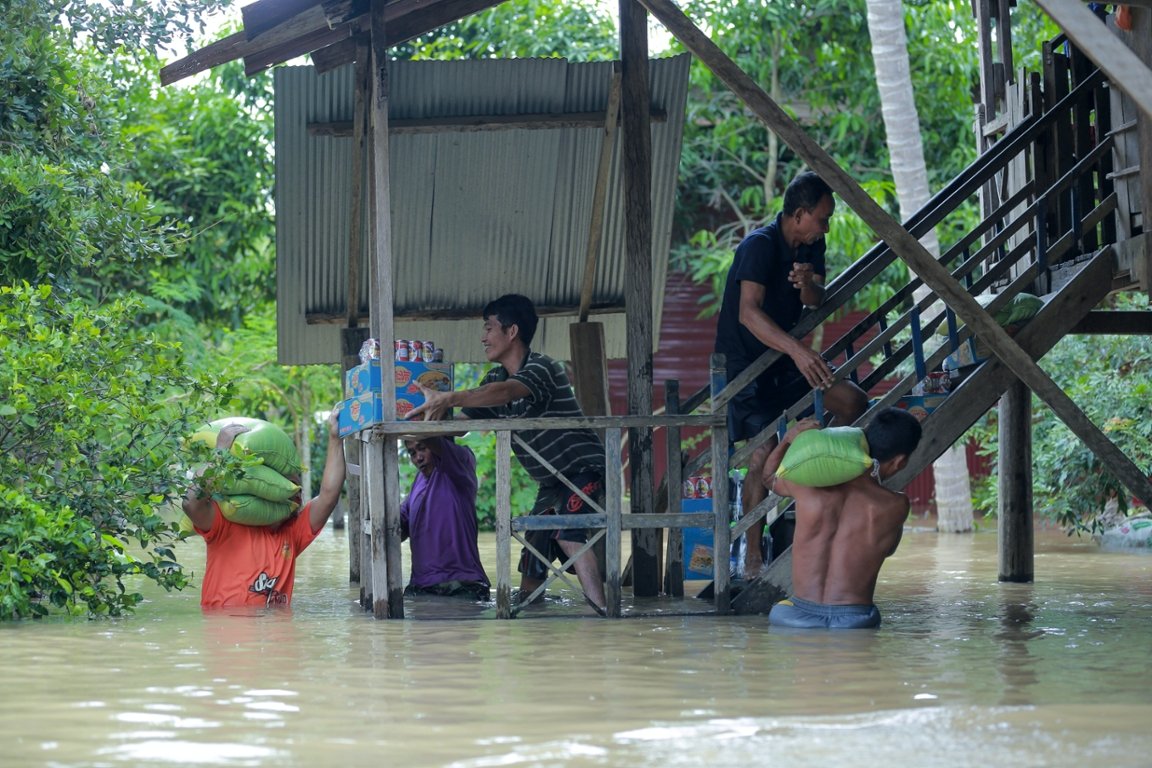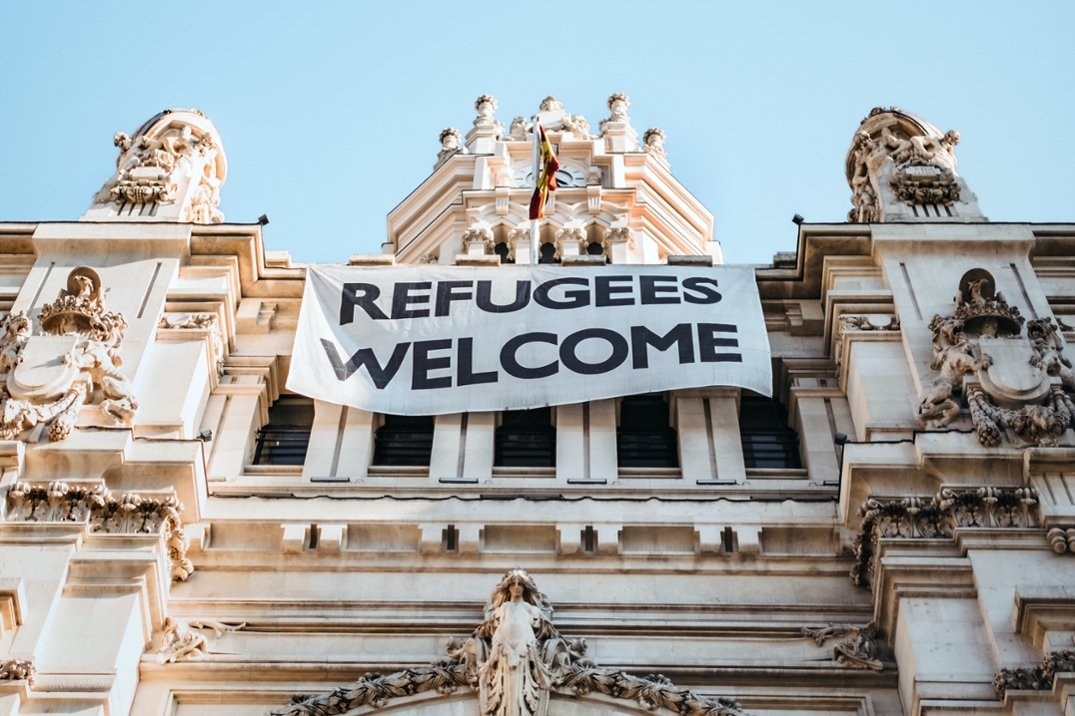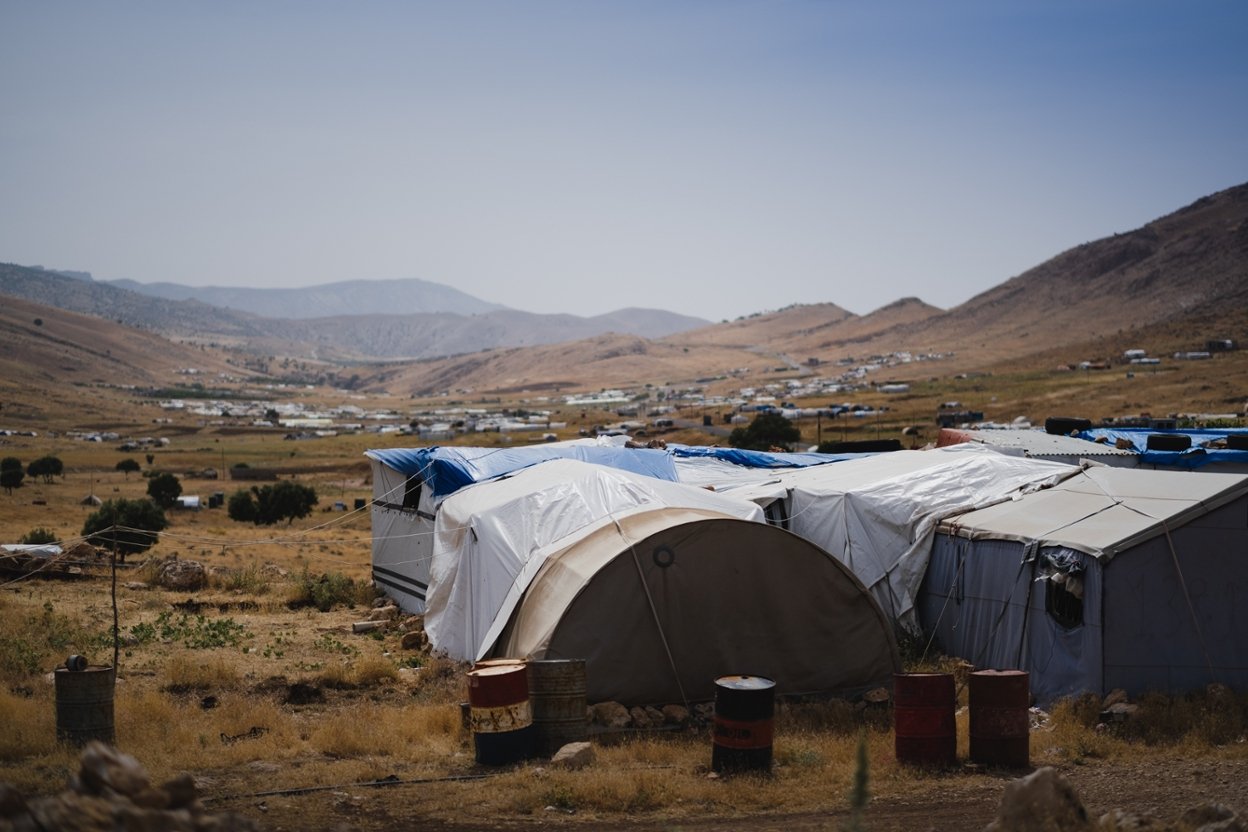International Migration
International Migration
International Migration and Displacement
International migration and displacement is not only a humanitarian crisis, but also an urgent global security problem. International migration is defined by the International Organization for Migration (IOM) as the movement of people from their usual place of origin across an international border to a country where they are not nationals. In past generations, humans have migrated all across the world either to find better employment opportunities, to be with families, or to live a different lifestyle. However, there are also many who have had to migrate against their will to escape poverty, terrorism, war, climate change, natural disasters, human rights violations, and/or worse.
Despite the efforts that have been made already to deal with the issue, millions of people across the world continue to live without guarantee of safety, security, and shelter. While migration can strengthen and enrich societies, especially over time, abrupt shifts in international migration and displacement can also add strain to national welfare state programs, heighten global humanitarian needs, create opportunities for political dissension, and allow transnational criminal organizations to exploit vulnerable populations among migrants. International migration and displacement is therefore a global security problem that requires effective mechanisms and funding for a global humanitarian response.

Internally Displaced Persons
Internally Displaced Persons (IDPs) are people who have been forced or obliged to leave their places of habitual residence, in particular as a result of or in order to avoid the effects of armed conflict, situations of generalized violence, violations of human rights or natural or human-made disasters, and who have not crossed an internationally recognized State border (Guiding Principles on Internal Displacement, 1998). IDPs involuntarily flee their homes; however, they differ from migrants and refugees in that IDPs do not cross any national borders. Additionally, according to the IDMC, around 50.8 million people at the end of 2019 were living in internal displacement. Although the crisis is serious and the numbers are significant, there are still many who are unaware about the situation, which is why many of the organizations listed below are actively advocating for the status of IDPs within international law.


Push and Pull Factors
As briefly mentioned before, people migrate for various reasons typically due to economic, social, political, or environmental factors. Many of these factors for why people migrate can be categorized into push or pull factors: 1) push factors are the negative aspects that make people want to move to a new area, while 2) pull factors are the positive aspects that attract people to move into a new area. Consequently, most of these factors mirror each other. For example, better employment opportunities in another country would pull a migrant to move in; meanwhile, poor employment opportunities in the migrant’s home country would push them away to move out. Similar parallels can be said for each country’s services, security, violence and crime, war, political stability, wealth, environment, food availability, and quality of life, overall. Recognizing these factors can help us to understand why people choose to migrate, and why we should collectively work together to provide better assistance for those who were “pushed” out of their homes.
Organizations Addressing Issues of International Migration and Displacement
International Organization of Migration (IOM)
The International Organization of Migration (IOM) is the leading inter-governmental organization of migration that creates solutions to migration problems, promotes international cooperation regarding migration issues, and provides humanitarian assistance to all migrants. Their website contains numerous educational resources on migration such as glossaries, databases, reports, press rooms, online bookstores for publications, and The Migration Data Portal. The Migration Data Portal is one of the best resources for providing accurate and comprehensive global data on migration statistics and information.
The World Bank Group
The United Nations High Commissioner for Refugees (UNHCR)
The Internal Displacement Monitoring Center (IDMC)
IDMC is the world’s most definite source of data and analysis on internal displacement. The work that the IDMC performs allows policymakers to make decisions about the improvement of the lives of internationally displaced people, or those at-risk of becoming displaced in the future. Their website includes numerous sources of data and analysis, focus areas of different types of displacement, news, and various resources.
The Bureau of Population, Refugees, and Migration (PRM)
Climate Refugees
The Environmental Systems Research Institute (ESRI)
ESRI is the global market leader in GIS: the world’s most powerful mapping and spatial analytics software. One of Esri’s software features, ArcGIS StoryMaps, has allowed Esri’s Story Maps team to create an immersive, interactive, multimedia case study of climate migration of various locations around the world. The “Climate Migrants” Story Map contains in-depth information of displaced communities in Alaska, Island Nations, Bangladesh, Darfur, Syria, and the U.S. Coast.
The European Union (EU)
The EU is the world’s leading donor of humanitarian aid that helps over 120 million people each year, including displaced migrants. The EU Civil Protection and Humanitarian Aid Operations department, specifically, specializes in providing assistance, relief, and protection to anyone around the globe who is affected by either natural or man-made disasters. The website’s topic page on “Forced Displacement” lists descriptions of the issue along with facts, figures, news, field blogs, and more information.
The International Federation of Red Cross and Red Crescent Societies (IFRC)
The RAND Corporation
The Organization for Economic Co-operation and Development (OECD)
Human Rights Watch
Amnesty International
Amnesty International is another non-governmental organization that advocates for universal human rights, including rights for refugees, asylum-seekers, and migrants. The organization’s page for refugees, asylum seekers, and migrants lists educational information regarding the human rights issues, campaigns, laws, community sponsorship, and much more. The page also features “Related Content” with a search engine that provides excellent content for migration information such as country reports, research, news, etc.




